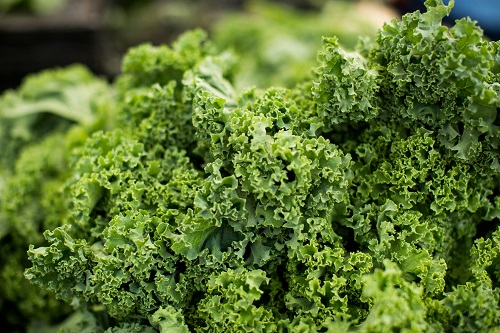Organic Vegetable Farming

Title of Business: Organic Vegetable Farming
Type: Farming
Key Products for Sale:
Organic kale
Organic spinach
Organic tomatoes
Organic peppers
Technology Considerations:
Use of organic farming techniques, including crop rotation, composting, and biological pest control.
Possible use of drip irrigation systems to conserve water and increase efficiency.
Market for the Products:
Local markets, including farmers’ markets and organic food stores.
Direct consumers through community-supported agriculture (CSA) programs.
Restaurants and cafes that prioritize organic ingredients.
Key Inputs into the Business:
Materials: Organic seeds, organic fertilizers (compost, manure), natural pest repellents.
Labor: Initial setup labor, ongoing maintenance, and harvesting labor.
Equipment: Basic farming tools (hoes, rakes, shovels), watering cans, and possibly small-scale irrigation systems.
Product Preparation Process:
Soil Preparation: Testing and amending soil with organic matter.
Planting: Sowing seeds or transplanting seedlings.
Maintenance: Regular watering, weeding, and pest control using organic methods.
Harvesting: Collecting mature vegetables and preparing them for sale.
Quality Considerations:
Ensuring soil health and fertility through organic practices.
Regularly inspecting plants for pests and diseases.
Harvesting vegetables at peak ripeness for the best flavor and nutritional value.
Cost of Investment:
Seeds and Seedlings: KSh 5,000 – 10,000
Organic Fertilizers and Soil Amendments: KSh 3,000 – 5,000
Basic Farming Tools: KSh 2,000 – 5,000
Watering Equipment/Irrigation: KSh 5,000 – 10,000
Labor Costs: KSh 5,000 – 10,000
Total Estimated Initial Investment: KSh 20,000 – 40,000
Required Operational Infrastructure:
A small piece of land (rented or owned).
Simple storage facilities for tools and harvested produce.
Access to a reliable water source.
Most Suitable or Viable Location for the Business:
Rural or peri-urban areas with fertile soil and access to water.
Proximity to markets or consumer bases interested in organic produce.
Potential Sources of Investment Capital:
Personal savings
Microfinance institutions
Government grants or subsidies for small-scale farmers
Crowdfunding or community support
Requirements for Effective Management:
Knowledge of organic farming practices.
Effective time management and planning for crop cycles.
Regular monitoring of crop health and soil conditions.
Role of Mobile Phone and ICT in the Business:
Using mobile apps for farming tips and market prices.
Marketing produce through social media platforms and online marketplaces.
Managing customer orders and CSA subscriptions.
Statutory Regulations and Licences:
Registering the business with the relevant local authorities.
Obtaining any necessary permits for selling organic produce.
Compliance with health and safety standards.
Pricing:
Organic kale: ranges between ksh 50 and 80 per bunch
Organic spinach: ranges between ksh 40 and 70 per bunch
Organic tomatoes: ranges between ksh 100 and 150 per kg
Organic peppers: ranges between ksh 120 and 180 per kg
Profitability:
High demand for organic produce can lead to premium pricing.
Potential for regular income through CSA programs or direct sales.
Opportunity to expand into value-added products (e.g., organic sauces, pickles).
Next Steps to Take:
- Conduct a detailed market analysis to identify potential customers.
- Secure a piece of land and source initial inputs.
- Start with a small-scale pilot project to refine farming practices.
- Develop marketing strategies to promote organic produce.
- Build relationships with local markets and potential buyers.

